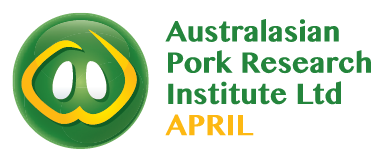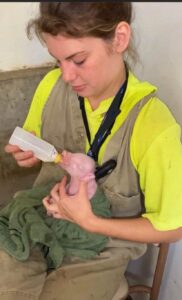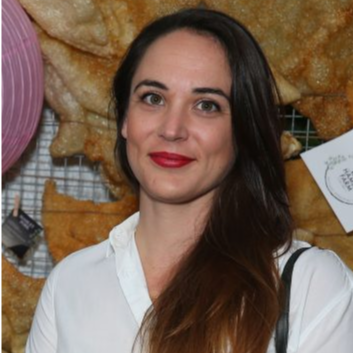The Australasian Pork Research Institute Ltd. (APRIL) is seeking applications for its Innovation Projects scheme, for commencement in 2023.
An independent, member-based entity, APRIL seeks to enhance the Australian pork industry by investing in research and development, education and training, and commercialisation activities focused on priorities and deliverables that ensure the sustainability of Australian pork production, and to generate optimal returns for its stakeholders.
APRIL’s Innovation Projects, which are negotiable to 12 to 18 months in duration and have a maximum budget of ~$75,000, are designed specifically to support ‘out of the box’ ideas for smart, new approaches to tackle the current and emerging challenges of the Australian pork industry. Innovation Projects must demonstrate originality, uniqueness and creativity, establish new concepts or challenge existing ones, address significant challenges or critical barriers to progress, and be able to improve or apply new theoretical concepts, methodologies or tools that will benefit the pork industry.
The Innovation Projects’ scheme requires a minimum level of cash co-investment of 25% of the total project cost.
To coincide with APRIL’s new Strategic Plan, up to $750,000 will be available for this round of Innovation Projects.
The Innovation Projects scheme is provided on a nationally competitive basis and available to applicants from any organisation. Collaborative projects are strongly encouraged, but applications must identify a Lead Party that will administer the Project. All APRIL funding schemes are assessed, evaluated and recommended for funding by the Research and Development Advisory Committee, which has the collective expertise and experience to effectively assess applications. If approved, research scheme funds are paid directly to the successful Lead Party.
Funding Rules for Innovation Projects stipulate that no overhead (indirect cost recovery) can be charged. Innovation Projects are conducted under the Terms and Conditions of the APRIL Research Deed, that can be viewed here: https://apri.com.au/research/
For any further information or any questions, please contact either Dr Charles Rikard-Bell (Manager, Commercialisation and Research Impact; c.rikardbell@april.org.au; 0439 513 723), or Dr John Pluske (Chief Scientist and CEO; j.pluske@april.org.au; 0410 436 871).
To apply for an APRIL Innovation Project, complete the relevant proposal form and the Budget and Milestones template and email to Dr Charles Rikard-Bell (c.rikardbell@april.org.au) by 5 pm AEDT, 12 December 2022.
Important Dates:
Applications open: 24 October 2022.
Applications Close: 12 December 2022.
It is anticipated that funding for successful projects would commence after 1 July, 2023, subject to APRIL Board approval.





